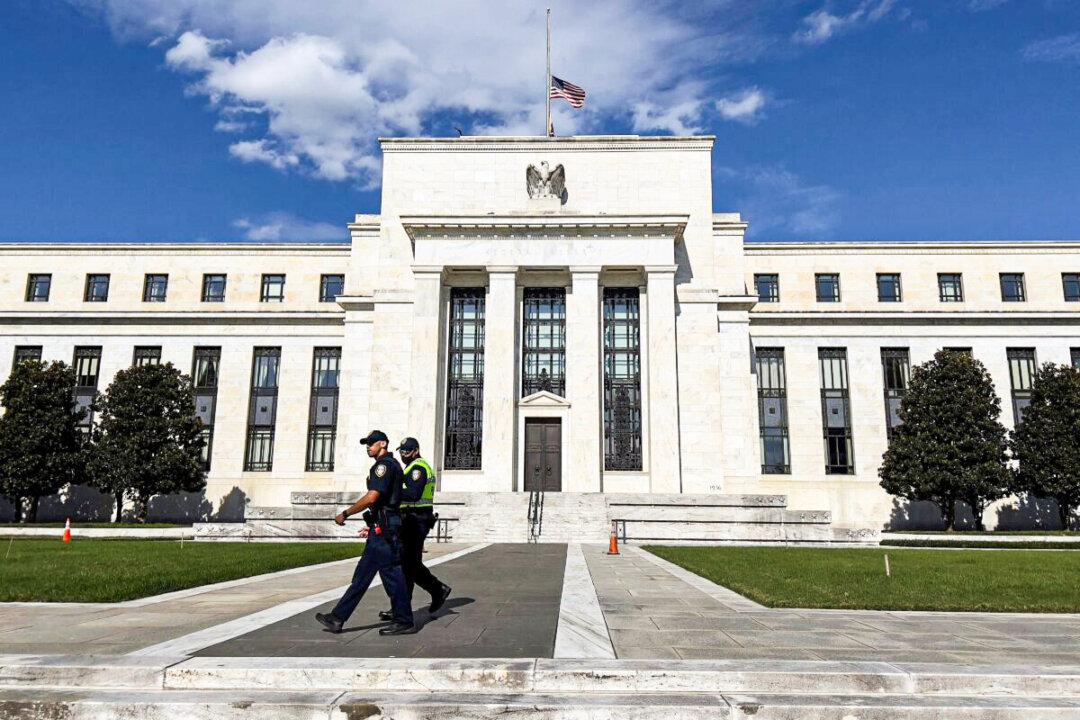Senate Republicans boycotted a Tuesday vote on President Joe Biden’s nominees to fill vacant seats on the Federal Reserve Board, with GOP opposition coalescing around Sarah Bloom Raskin, the White House’s pick for the Fed’s vice chair for bank supervision.
Sen. Sherrod Brown (D-Ohio), who chairs the Senate Banking Committee, postponed a vote on Biden’s five nominees after none of the 12 Republicans showed up for a scheduled vote on Feb. 15.





